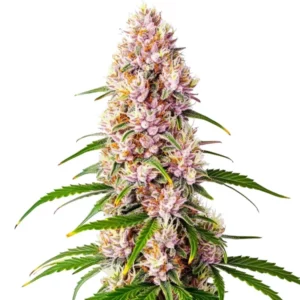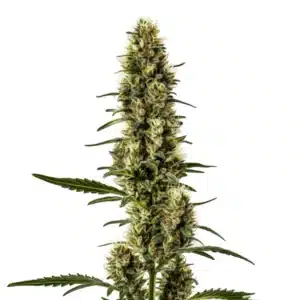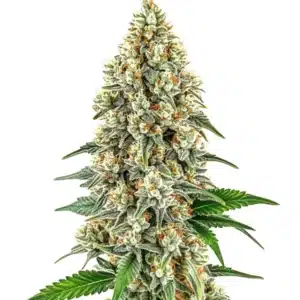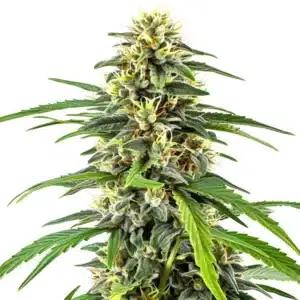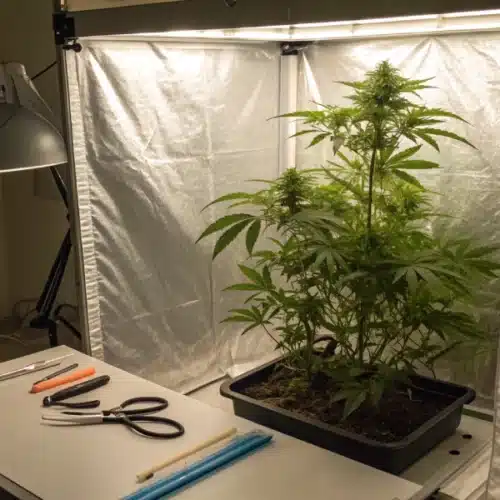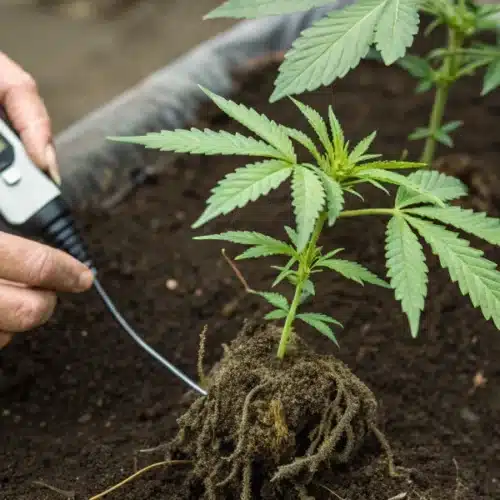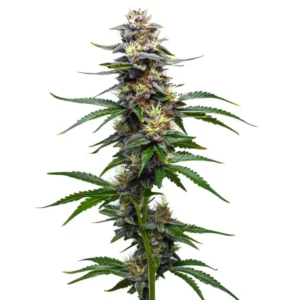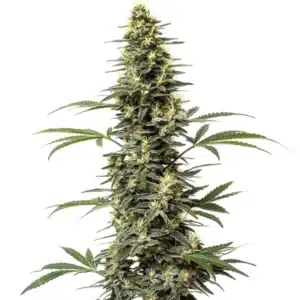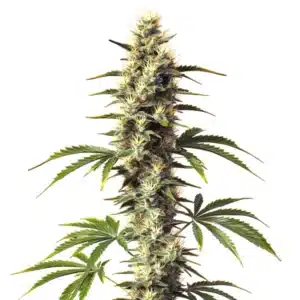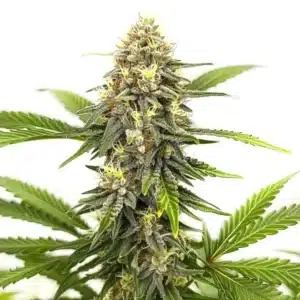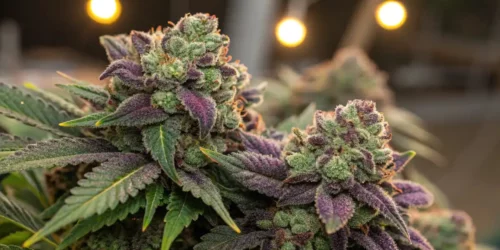Overview of Cannabis Treatment for Chronic Pain
Historical Approaches and Traditional Uses
Ancient civilizations often relied on herbal remedies to manage persistent discomfort. Historical texts indicate that various cultures used plant extracts for pain relief, and cannabis was sometimes included in these traditional formulations. These early practices laid a foundation for using natural compounds as supportive care. Over time, the application of these remedies evolved, and many have noted that the benefits of cannabis treatment for chronic pain have roots in age‐old traditions that valued the plant’s anti-inflammatory and analgesic properties.
In more recent decades, renewed interest in natural therapies has prompted researchers and clinicians to revisit these traditional approaches. Historical anecdotes and folk medicine suggest that cannabis was valued for its ability to ease suffering. Today, scientists study its components to better understand how natural cannabinoids can contribute to pain relief. This intersection between ancient wisdom and modern research supports the continued exploration of cannabis treatment for chronic pain as an adjunct to conventional therapies.
Modern Clinical Applications and Developments
Contemporary medicine now recognizes the potential of natural cannabinoids in pain management. Clinical settings have begun incorporating cannabis treatment for chronic pain alongside established medications to help reduce inflammation and ease discomfort. Modern formulations, derived from carefully cultivated cannabis strains, offer standardized dosages and improved purity. These developments have led to increased acceptance by medical professionals who now consider natural treatments as part of a broader, integrative approach to managing chronic pain.
Recent advances in product formulation and delivery methods have contributed to safer, more effective applications in clinical practice. Patients using these refined products often report improved mobility and reduced reliance on traditional pain medications. As more research validates these benefits, healthcare providers increasingly recommend cannabis treatment for chronic pain as an adjunct measure. This progress underscores a shift toward incorporating natural therapies into holistic treatment plans that aim to enhance overall quality of life.

Promos & Deals
Scientific Perspectives on Cannabis Treatment for Chronic Pain
Cannabinoid Mechanisms in Pain Modulation
Laboratory studies show that natural cannabinoids interact with the body’s endocannabinoid system to modulate pain signals. When used as a therapeutic measure, cannabis treatment for chronic pain works by binding to receptors that help regulate inflammation and nerve signaling. Researchers have observed that these interactions can lead to reduced sensitivity to pain and an overall calming effect on the nervous system. The biochemical pathways involved in this process provide insight into how natural compounds can alleviate discomfort.
Detailed experiments reveal that cannabinoids such as CBD and THC can work synergistically to interrupt pain pathways and reduce inflammation. The anti-inflammatory properties of these compounds play a significant part in diminishing the intensity of chronic pain. These findings form the scientific basis for using cannabis treatment for chronic pain as a supportive therapy, offering measurable benefits that complement conventional treatments while promoting a more comfortable state of physical well-being.
Evidence from Clinical Studies and Research
Several clinical trials have investigated the effects of natural cannabinoids on persistent pain conditions. Participants in these studies have reported that incorporating cannabis treatment for chronic pain into their regimen can help lower pain levels and improve daily functioning. The data, collected over controlled periods, suggest that specific formulations provide relief without severe side effects. Researchers continue to analyze dosage patterns and long-term outcomes to optimize treatment strategies for better support.
Integrative Approaches in Chronic Pain Management
Combining Cannabis with Conventional Therapies
Integrating natural products with established medical treatments has become a preferred strategy for managing persistent pain. Many healthcare providers now recommend that patients consider cannabis treatment for chronic pain as an adjunct to conventional therapies like opioids, NSAIDs, or physical therapy. By combining these approaches, clinicians aim to reduce the dosage of potentially harmful medications while maintaining effective pain control. This blend of traditional and natural treatments offers a balanced approach that supports overall physical health and well-being.
Personalized Dosing and Delivery Methods
Not every patient responds the same way to natural therapies, which is why personalized dosing is critical in cannabis treatment for chronic pain. Healthcare professionals typically start with low doses of cannabis and adjust gradually based on individual response and symptom severity. Delivery methods vary widely, including oils, capsules, and vaporized formulations, each offering different benefits in terms of absorption and ease of use. This tailored strategy helps ensure that each patient receives the most effective support possible.
Providers work closely with patients to determine the most suitable administration method, often considering factors such as the intensity of pain, overall health, and lifestyle preferences. Personalizing the dosage and delivery method is essential for maximizing the therapeutic potential of natural cannabinoids. When done correctly, this approach can lead to improved pain management outcomes and a higher quality of life for those relying on cannabis treatment for chronic pain.
Safety, Quality, and Regulatory Considerations
Legal Framework and Quality Assurance
Natural cannabis products used in medical settings must adhere to strict legal and quality standards. Regulatory agencies require that every product labeled for cannabis treatment for chronic pain undergo extensive testing for purity, potency, and contaminants. Manufacturers follow rigorous protocols during cultivation, extraction, and packaging to ensure consistency and safety. Such measures provide consumers with confidence in the quality of natural products used as part of their pain management plans.
Guidelines for Safe Consumption and Storage
Safe consumption of natural cannabis products is critical, especially when they are used as a supplement for chronic pain management. Patients are advised to follow dosing instructions provided by healthcare professionals and to use products only from reputable sources. Proper storage—such as keeping products in a cool, dry, and dark place—helps preserve potency and prevent degradation. Clear usage guidelines and storage recommendations minimize risks and help maintain the effectiveness of these natural therapies.
Adhering to best practices in consumption ensures that patients using cannabis treatment for chronic pain benefit fully from its properties. Detailed instructions on dosage, frequency, and storage conditions help maintain the integrity of the natural compounds. By following these safety guidelines, individuals can enjoy consistent relief while reducing the possibility of adverse effects, thereby supporting a stable, long-term pain management plan that is both safe and effective.
Industry Trends and Market Insights in Cannabis for Chronic Pain
Innovations in Product Formulation
Innovative product formulations are designed to meet the diverse needs of patients. New delivery systems, such as transdermal patches and fast-acting oils, provide alternative methods of administration that improve overall effectiveness. Such technological advances make it easier for patients to incorporate natural cannabis products into their daily routines, ultimately promoting better pain management and improved quality of life with reliable, standardized formulations that align with current industry trends.
Consumer Trends and Advocacy Initiatives
Market trends reveal a growing consumer preference for natural alternatives in pain management, with an increasing number of individuals turning to cannabis treatment for chronic pain. Consumers now demand transparent lab results and products that adhere to strict quality standards. Advocacy groups and industry stakeholders are actively promoting awareness of the benefits of natural therapies, influencing market dynamics and driving greater accessibility. These initiatives help create a supportive marketplace where innovation and quality are prioritized for improved patient outcomes.
Industry data indicates that consumer interest in cannabis treatment for chronic pain has surged, leading companies to invest in research and development to meet this demand. Advocacy efforts continue to influence regulatory policies, ensuring that natural products remain accessible while maintaining high standards. This convergence of consumer trends and advocacy initiatives drives market growth and supports ongoing advancements in natural pain management solutions.

FAQs about cannabis treatment for chronic pain
What benefits does cannabis treatment for chronic pain offer?
Cannabis treatment for chronic pain may help alleviate persistent discomfort, reduce inflammation, and ease nerve-related pain. Clinical studies suggest that natural cannabinoids can lessen reliance on traditional pain medications and improve overall daily functioning. Many patients report a better quality of life and increased mobility when using natural products as part of an integrative approach. This supportive therapy offers measurable improvements in pain management and overall well-being for those managing long-term pain.
How do experts determine the optimal use of cannabis treatment for chronic pain?
Experts determine the optimal use of cannabis treatment for chronic pain by evaluating cannabinoid profiles, dosage requirements, and clinical research findings. They assess individual patient conditions and compare various product formulations through rigorous testing. Healthcare professionals tailor recommendations based on each patient’s pain intensity and overall health, ensuring that natural therapies complement conventional treatments effectively. This personalized approach results in improved pain control and enhanced quality of life for patients managing chronic pain.
What safety protocols are followed when using cannabis treatment for chronic pain?
Healthcare providers enforce strict safety protocols for cannabis treatment for chronic pain by requiring thorough laboratory testing for purity, potency, and absence of contaminants. Patients receive detailed instructions on proper dosage, safe consumption practices, and optimal storage conditions to maintain product integrity. Regulatory agencies regularly audit manufacturing processes to ensure compliance with established guidelines, thereby minimizing risks and supporting consistent, reliable therapeutic benefits for individuals using natural treatments as part of their pain management regimen.

